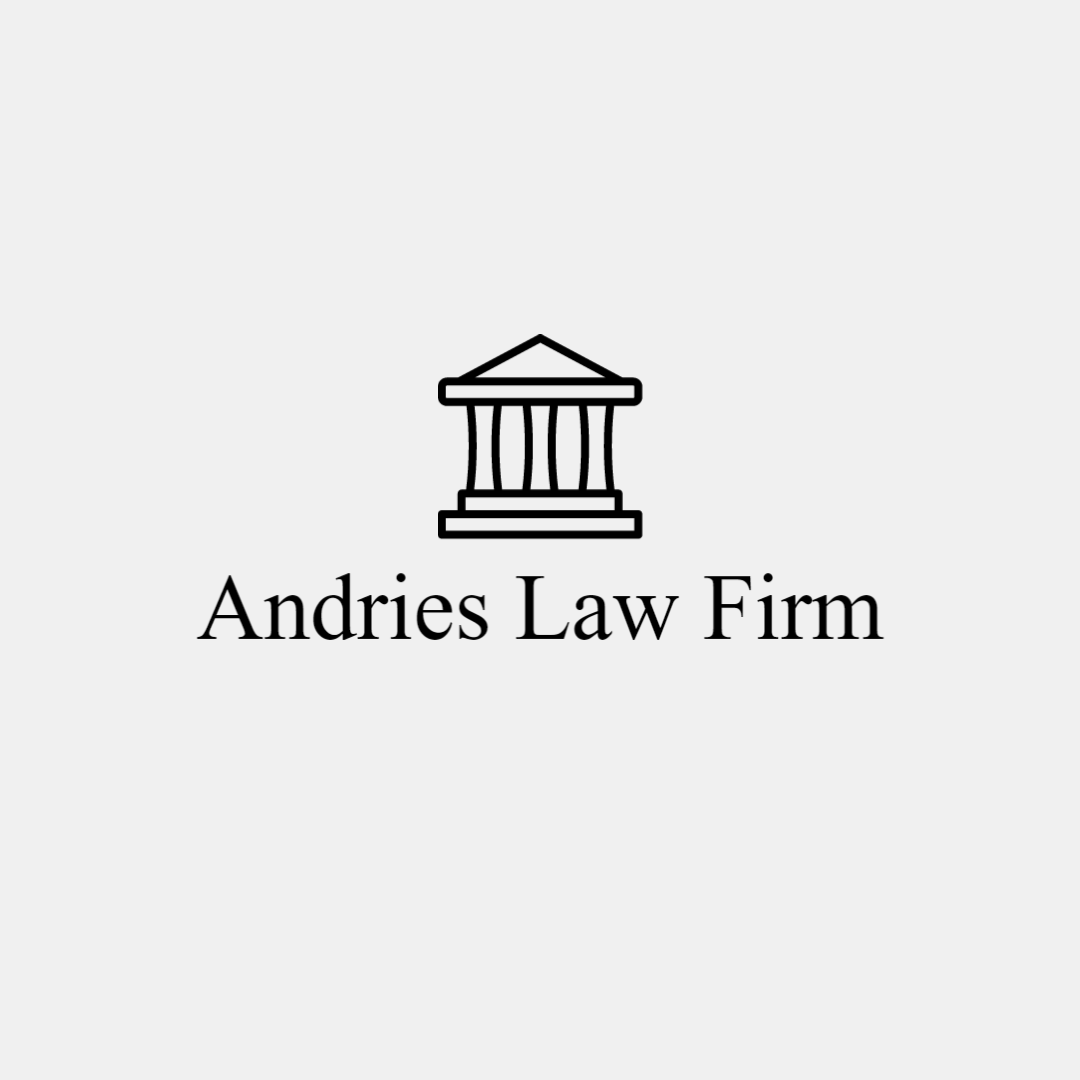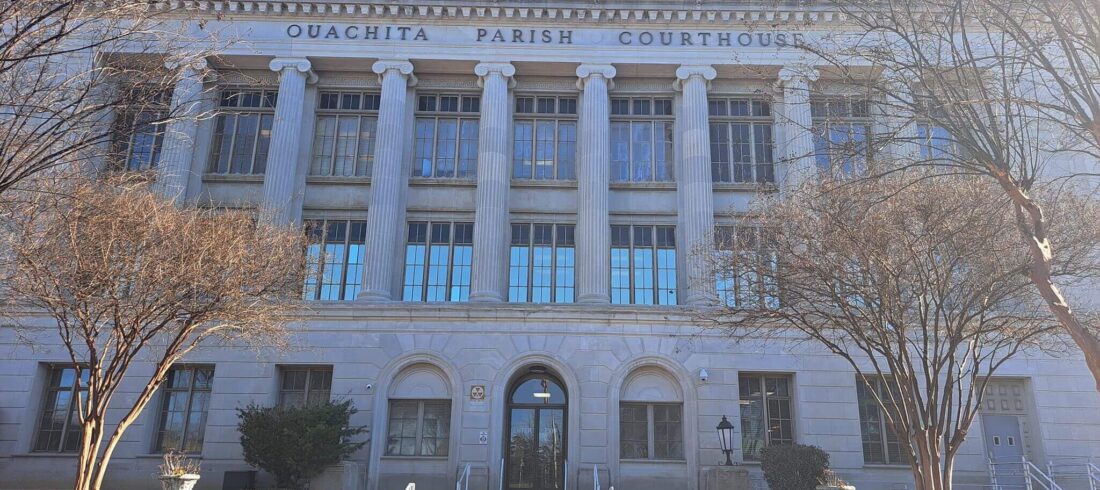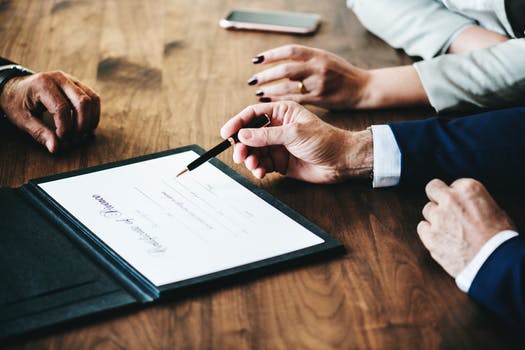Copyright law is an essential part of protecting the content that creators create. As a creator, understanding the ins and outs of copyright law will help you ensure that your creative works are respected and properly used by others. This overview will provide basic information about copyright law and its implications for content creators.
What is Copyright Law?
Copyright law grants creators exclusive rights to their creative works. It gives creators exclusive rights to make copies of their works and create derivative works based on their material. Copyright law prohibits others from using a creator’s work without permission.
Copyright law gives creators resources to monetize their material by allowing them to collect royalties or fees from those who seek to use it. Copyright holders may also make their work available to everyone for free. Since copyright law is so important in modern culture, many countries have passed laws recognizing and protecting copyright, offering financial compensation and legal protection for creators of original works.
Can I Use Someone Else’s Work Without Their Permission?
Generally, it is illegal to use someone else’s work without their permission. This includes using content from the Internet, quoting or paraphrasing someone else’s writing, and using works that have been previously published. You will have to get permission from the copyright owner to use copyrighted material. Always give credit where due when using other people’s work is essential.
US copyright law generally allows its citizens to use work that has been previously published in specific limited ways, such as in educational settings. Fair use also applies when using copyrighted material to critique or comment upon the work. However, it is always best to check with a copyright lawyer before using any material without permission from the original owner.
What Does Fair Use Mean?
Fair use is a legal term that refers to limited uses of copyrighted material without asking permission from the original copyright holder. This can include using excerpts from a piece of work for educational and non-commercial purposes, making creative works such as films and images that utilize copyrighted material in a transformative or derivative way, or for criticism, comment, and news reporting. Regardless of whether you use fair use under copyright law, always try to give credit where due by citing the source.
Unfortunately, there is no definitive list of criteria determining when you should use fair use or what situations it applies to. Instead, the U.S. Copyright Office encourages us to “consider four factors in determining whether your use of another’s copyright-protected material qualifies as a fair use.” The factors are the purpose and character of your usage (is it for commercial gain or educational/scholarly work?), the nature of the copyrighted work, how much content you are using (does it exceed 50 percent?), and how it will impact the potential market for or value of the original work. Knowing these criteria can help you decide when you can rely on fair use instead of asking for permission from the copyright holder beforehand.
How Do I Protect My Content?
If you create content and want to protect your ownership rights, it is essential to register your work with the U.S. Copyright Office immediately. Doing so means that you own the copyright to any of your works that are registered, allowing you to dispute legally anyone who claims otherwise. Additionally, consider a Creative Commons license which allows people to share and use your work, just as long as they adhere to specific requirements that you specify.
The best way to ensure that you retain ownership over your content is to ensure that all of your work contains an official copyright notice. This statement informs others that the work is copyrighted and gives them a summary of the author’s rights concerning the copyrighted material. Additionally, consider filing applications for trademark protection to prevent any unauthorized use of logos or other images associated with your company. Finally, it is a good idea to keep detailed records showing who has access to what portions of the intellectual property so that any possible disputes can be easily documented.
Are There Any Exemptions to Copyright Laws?
Yes, there are exemptions to copyright laws called “fair use.” This means that when creating someone else’s work, such as videos or literature, you can legally use the original material within certain restrictions. Fair use can take three forms: (1) educational or informational purpose; (2) creative transformation of the original work; and (3) limited monetary impact on the original author’s rights. While fair use laws can give content creators more flexibility, it is vital to understand the legal context in which these exemptions can be used.
Fair use has been a longstanding limitation on copyright, and it is now found in many pieces of international legislation. However, this exemption does not apply when there is an intention to make money from the use of the material: even if it fits within the fair use exemptions, it still must be authorized by the copyright holder unless the intention was educational or informational. When content creators seek to use protected material within these guidelines, they should consult an attorney experienced in copyright law to ensure their actions are legal.
Do I need to copyright my work?
Copyrighting your work is a legal protection that gives you exclusive rights to use, reproduce, distribute, and profit from your original creation. Whether or not you need to copyright your work depends on several factors, including the nature of your creation, your plans, and the laws in your jurisdiction.
Copyrighting can provide valuable protection if you have created a unique work, such as a book, a song, a piece of software, or a piece of art. This protection can help prevent others from using or reproducing your work without your permission, which can lead to legal consequences and financial losses. However, not all types of works are eligible for copyright protection. Works considered in the public domain, such as facts and ideas, cannot be copyrighted. Additionally, some works may have limited protection, such as works created by government employees or works considered parodies or satire.
In addition to considering the eligibility of your work for copyright protection, you should also consider your plans for it. If you plan to commercially exploit your work by selling it, licensing it, or using it to promote your business, then copyrighting it can provide crucial legal protection to help you enforce your rights and protect your financial interests.
Finally, it’s essential to consider the laws in your jurisdiction when deciding whether or not to copyright your work. In many countries, copyright protection is automatic and requires no formal registration. However, in some countries, you may need to register your work with the appropriate government agency to receive complete protection.
In conclusion, whether or not you need to copyright your work depends on several factors, including the nature of your creation, your plans for it, and the laws in your jurisdiction. Suppose you have created a unique and eligible work and plan to exploit it commercially. In that case, copyrighting is generally a good idea to protect your legal rights and financial interests.
The Andries Law Firm, LLC, in Central Louisiana, helps clients copyright their work and protect their intellectual property. Call us at (318) 269-5857 or email our office at Jerome@AndriesLawFirm.com to schedule a free consultation.





